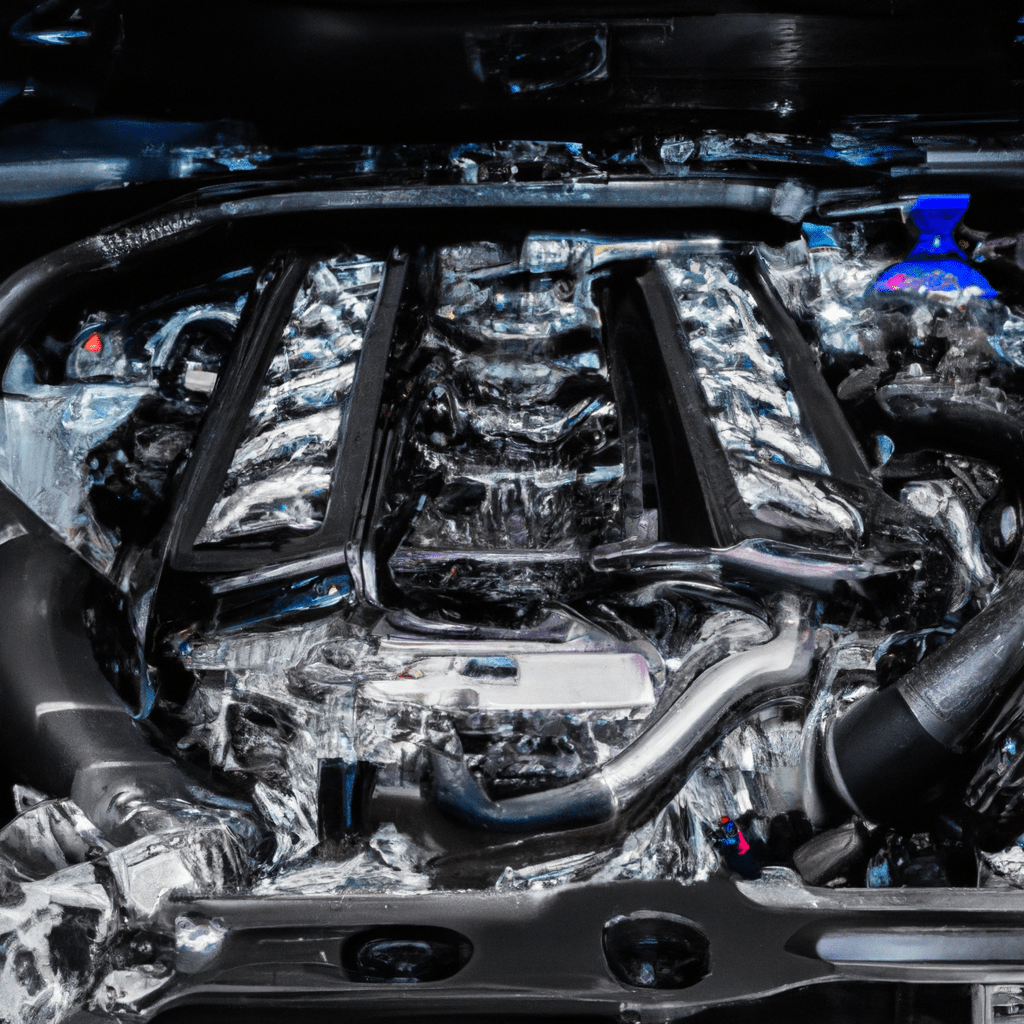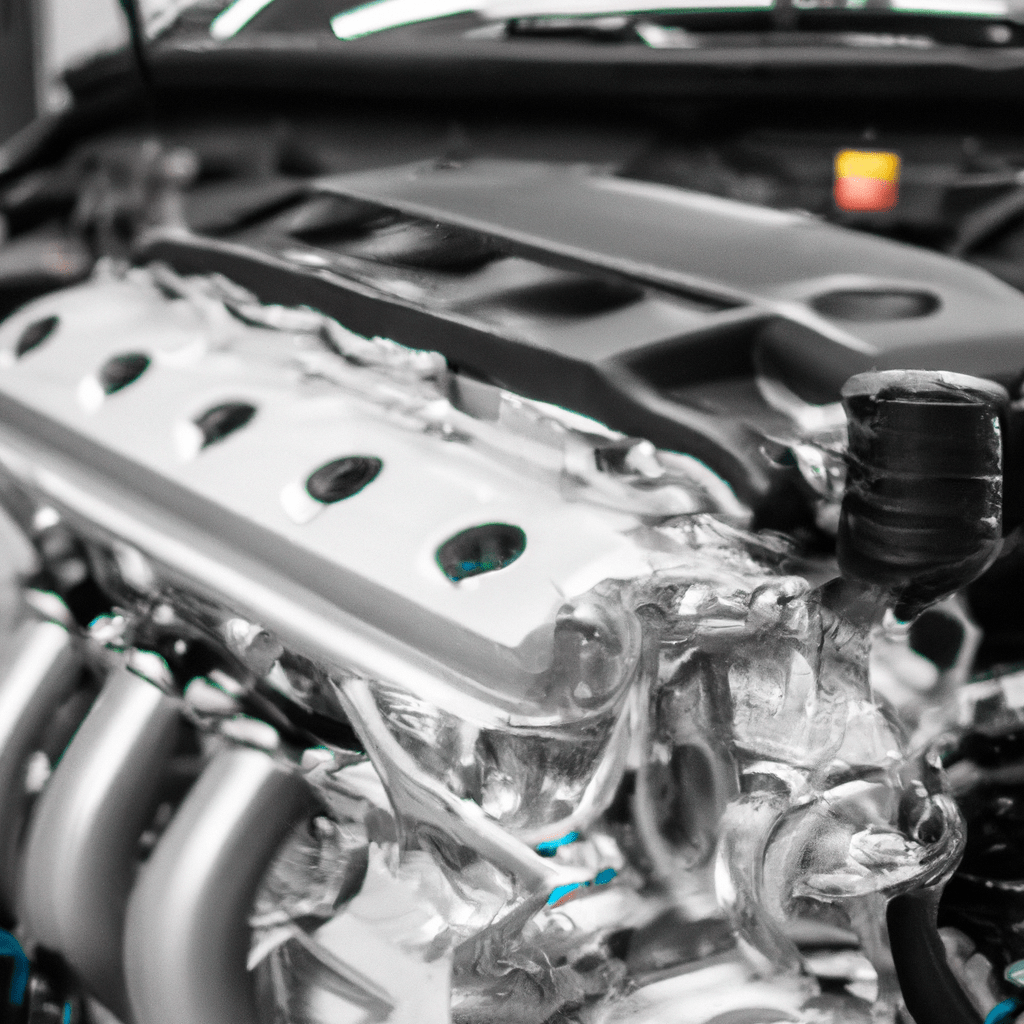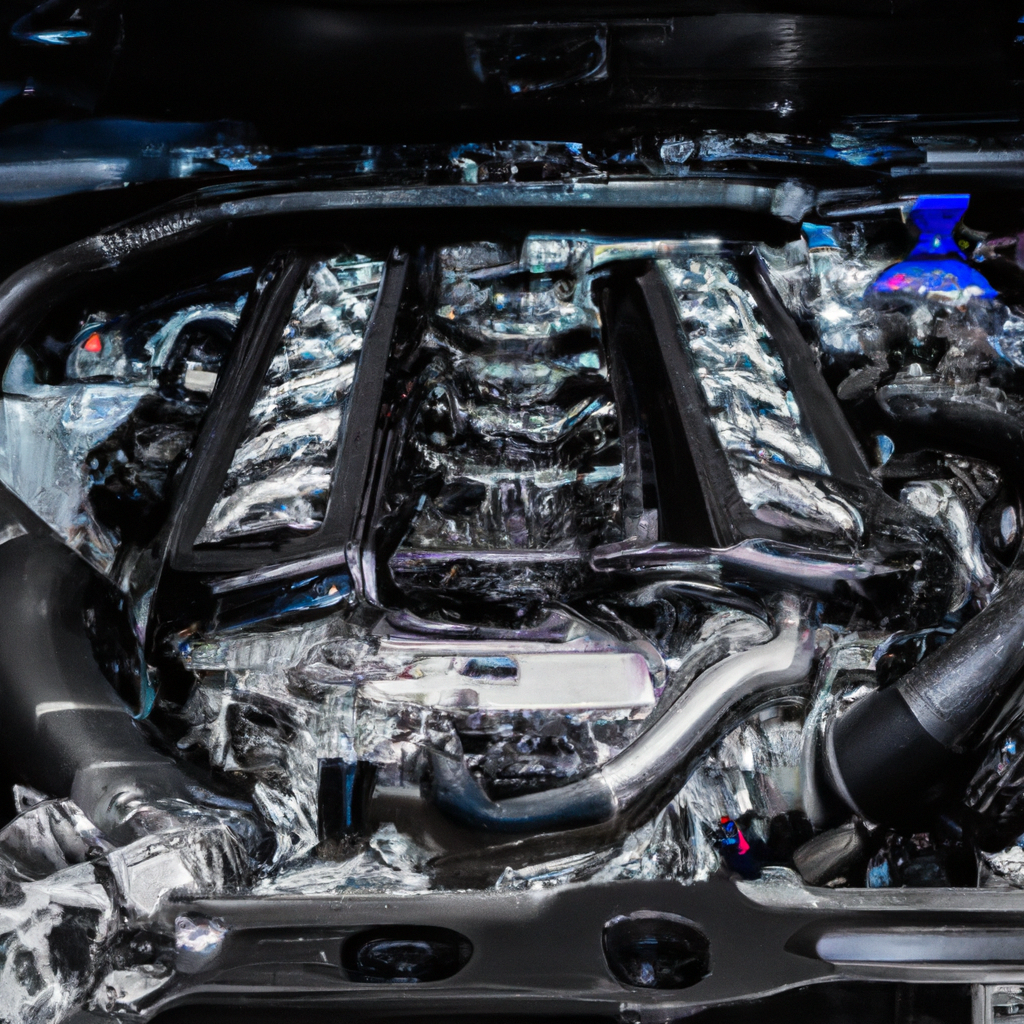Understanding the Longevity of a 2.7 Ecoboost Engine
Understanding the durability and longevity of a 2.7 Ecoboost engine is a topic of great interest to many. My research, comprised of real-world experiences, empirical data, and expert testimonials, aims to elucidate just how long this powerful workhorse can last on the road. In particular, exploring factors such as driving habits, maintenance routines, and various use scenarios, I’ll shed light on the potential lifespan of this engine, and pose an informed answer to the question: “How many miles will a 2.7 Ecoboost last?” The information provided, I trust, will be valuable for both current owners seeking to maximize their vehicle’s longevity, and potential buyers deliberating the potential long-term value of a Ford vehicle equipped with a 2.7 Ecoboost engine.
Knowing the 2.7 Ecoboost Engine: An Overview
In this section, I aim to provide a comprehensive overview of Ford’s 2.7 Ecoboost engine. A marvel of modern engineering, this engine offers both power and efficiency, setting a performance benchmark for other models in its class.
Information on Ford’s 2.7 Ecoboost engine
The 2.7 Ecoboost, introduced by Ford in 2015, is a turbocharged V6 engine. It exhibits high fuel efficiency and delivers an impressive range of horsepower, making it an appealing option for vehicles like F-150.
Understanding the mechanisms of the Ecoboost engine
The name “Ecoboost” represents “Economy” and “Boost,” indicating the engine’s twin objectives: power and fuel efficiency. Utilizing turbocharging and direct fuel injection techniques, the engine strikes a balance between performance and economy.
Comparison with other engines by Ford
When compared with other Ford engines, the 2.7 Ecoboost stands out in terms of fuel efficiency and torque. However, its longevity has been a topic of discussion among users.
Design and Construction of 2.7 Ecoboost Engine
Examining the design factors of the 2.7 Ecoboost engine
The 2.7 Ecoboost employs a compacted graphite iron block for durability. Additionally, it features a unique design with its integrated exhaust manifolds and twin-scroll turbos, contributing to better engine responsiveness.
Understanding the material composition
In addition to the compacted graphite iron block, the engine also features aluminum heads and pistons for weight reduction. These elements collectively enhance the engine’s strength while also improving its fuel efficiency.
Key innovations in the 2.7 Ecoboost engine
The engine makes use of several innovative technologies, like Auto Start-Stop and Active Fuel Management to balance power and fuel economy. The twin-turbochargers, combined with direct fuel injection, ensure a steady power supply even under heavy loads.

Built Quality and Mechanical Soundness of 2.7 Ecoboost
Discussing the build quality of the engine
The build quality of the 2.7 Ecoboost engine is commendable. The careful choice of materials used and design technologies deployed ensures it delivers a consistent performance without compromising on its lifespan.
Condition of mechanical parts and their longevity
The mechanical parts in the engine are robust and designed for longevity. However, their lifespan can be influenced by factors like regular maintenance, the quality of lubricants used, and the driving conditions.
Survey of design flaws and their implications
Like any other engine, the 2.7 Ecoboost is not without its flaws. Some users have reported issues with coolant leakage and timing chain wear. However, regular and preventive maintenance can keep these issues in check.
Mileage and Fuel Efficiency of 2.7 Ecoboost Engine
Average mileage the 2.7 Ecoboost can cover
From user experiences and company claims, on average, a well-maintained 2.7 Ecoboost engine can last around 150,000 to 200,000 miles. However, this estimation is influenced by various factors, including the maintenance routine and driving habits of the owner.
Fuel efficiency and consumption rates
The fuel efficiency of the 2.7 Ecoboost engine is highly praised. Thanks to its twin-turbocharged setup, it can deliver impressive power without guzzling gas. Feedback from owners consistently supports these claims.
Factors influencing fuel efficiency
Factors such as weather conditions, driving style, the quality of fuel used, and engine maintenance play crucial roles in fuel efficiency. Regular servicing can help keep the engine’s fuel consumption optimal.

Maintenance and Service Life of 2.7 Ecoboost
Understanding the service life of the 2.7 Ecoboost
The service life of an engine is not just about the number of miles it can drive. It’s also about how well it performs and maintains its efficiency throughout those miles. The 2.7 Ecoboost can last for many years if maintained properly.
Maintenance tips for engine longevity
Regular oil changes, using high-quality synthetic engine oil, replacing air filters on time, and performing routine inspections of the belt system are some of the maintenance practices that can significantly augment the longevity of the 2.7 Ecoboost engine.
Common maintenance requirements
Routine maintenance needs for the 2.7 Ecoboost mainly involve oil changes, spark plug replacements, and air filter renewals. Additionally, regular coolant and transmission fluid checks can help you diagnose potential issues early.
Common Issues and Problems Encountered
Cataloguing commonly reported problems with the engine
User reports flag coolant leakage into the cylinders and timing chain issues as common problems that accrue over time. However, it’s relevant to note that these issues are not explicit to the 2.7 Ecoboost and can occur in any internal combustion engine.
Discussion about how these issues affect longevity
Resolving these issues promptly is crucial as they can adversely affect engine performance over time. Regular inspections can help identify potential problems early, thereby minimizing damage and extending engine life.
Advice on rectifying these problems
Quick professional attention to these issues is the best course of action. Replacing faulty parts and correcting mechanical irregularities promptly ensures that minor issues do not exacerbate into major problems.
Real-life Case Studies on 2.7 Ecoboost Longevity
Examining experiences of users and mechanics
Owners and mechanics often share insights on the longevity of the 2.7 Ecoboost from their firsthand experiences. Most agree that diligent maintenance can prolong the engine’s lifecycle, with many users reporting service lives well over 200,000 miles.
Exploring long-term reviews of 2.7 Ecoboost engine
Long term reviews reveal a blend of experiences, underscoring the longevity of the 2.7 Ecoboost engine. Opinions vary, and while some users report difficulties after 100,000 miles, others have had their engines running smoothly beyond 200,000 miles.
Positives and negatives reported by long-term users
Most long-term users appreciate the engine for its power and efficiency. Negative feedback centers on the potential for coolant leaks and the perceived short lifespan of certain mechanical parts. However, these issues can be mitigated with preventative maintenance and regular checks.
Aftermarket Modifications and their Impact on Longevity
Types of modifications that can extend engine life
Aftermarket modifications, such as performance chips and cold air intakes, can boost the performance and extend the life of the 2.7 Ecoboost. Additionally, high-quality oil and oil filters can also have a positive impact on the engine’s longevity.
Effects of modifications on the 2.7 Ecoboost
While some modifications can enhance engine performance, they may also increase the engine’s strain if not done correctly, potentially shortening its lifespan. Consulting professionals before modifying the engine is crucial to ensure that the changes will enhance the engine’s performance without causing harm.
Precautions to take while modifying engine
When modifying the engine, it’s crucial to avoid overstraining it. Using reliable parts and having the modifications carried out by licensed professionals can help to prevent unforeseen problems in the future.
Comparison with Other Equivalent Models
Comparison of longevity with other Ford products
When compared synonymously with other Ford models, the 2.7 Ecoboost holds its own in terms of longevity and durability, especially when meticulously maintained.
Comparative analysis of other brands’ equivalent models
In comparison with other equivalent models of competing brands, the 2.7 Ecoboost engine tends to deliver a better balance between performance and fuel efficiency.
Review of consumer perceptions and market trends
Consumer perceptions and market trends show that the 2.7 Ecoboost engine is popular among users for its efficiency, power, and compatibility with lightweight constructions. Despite some reported issues, its market share holds steady due to its performance and fuel economy.
Summary and Projections for the Future
Summarizing key points for the longevity of the 2.7 Ecoboost
The 2.7 Ecoboost’s longevity depends significantly on the maintenance routine and driving habits of its owner. Its design promotes both performance and fuel efficiency, while regular proactive checks can mitigate common problems such as coolant leaks and timing chain wear.
Projections for future technology improvements
Looking to the future, we can anticipate the integration of more advanced technologies. Sustainability will likely be a key driver, so we can expect further improvements in fuel efficiency and a reduction in emissions.
Final thoughts regarding the 2.7 Ecoboost’s long-term usage
The 2.7 Ecoboost engine ticks many boxes, from performance to fuel efficiency to durability. With adequate maintenance, it can reliably serve its purpose for many miles. While certain design flaws are a drawback, they can be mitigated through proactive and corrective measures. As technology advances, we can look forward to even more efficient and durable versions of the Ecoboost engine.



